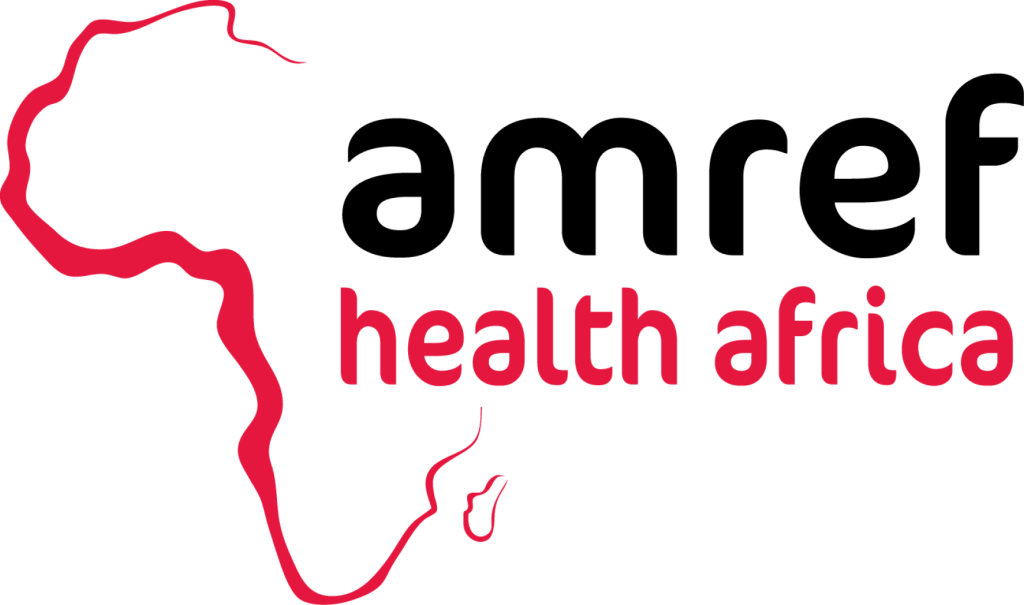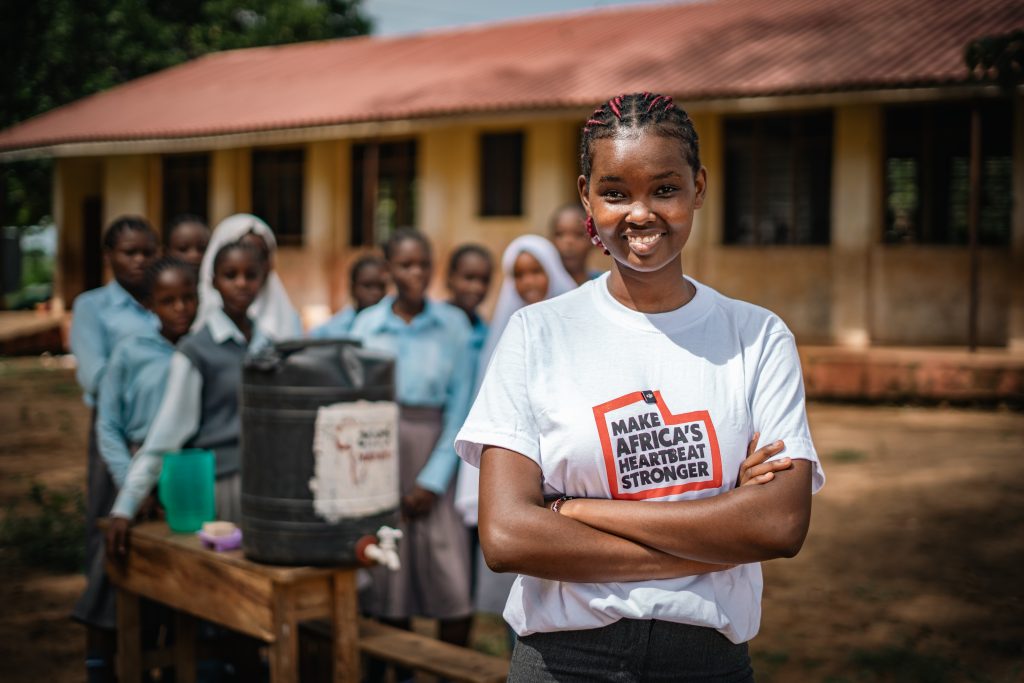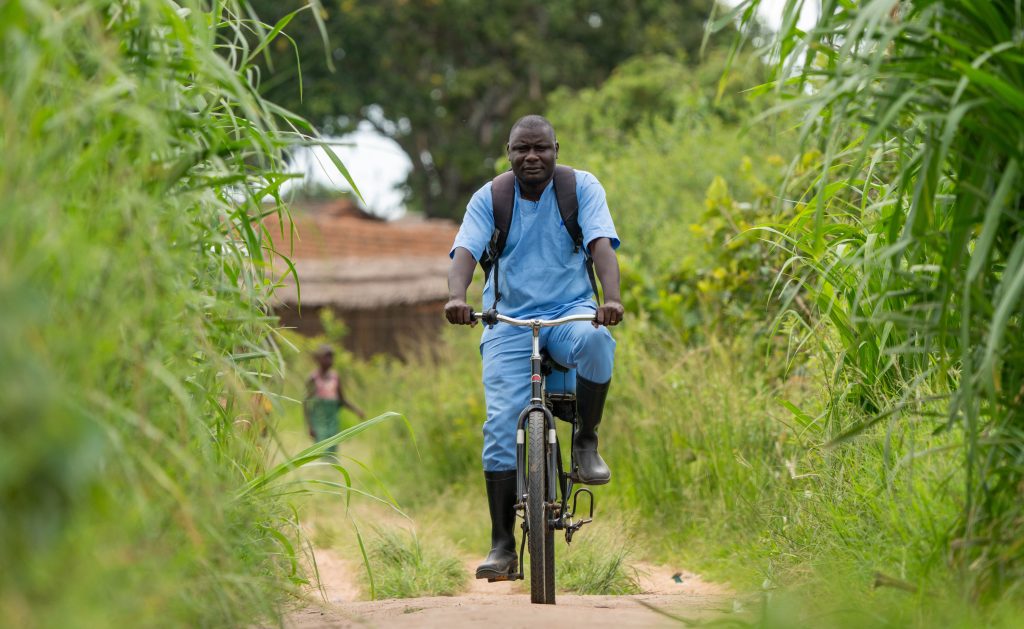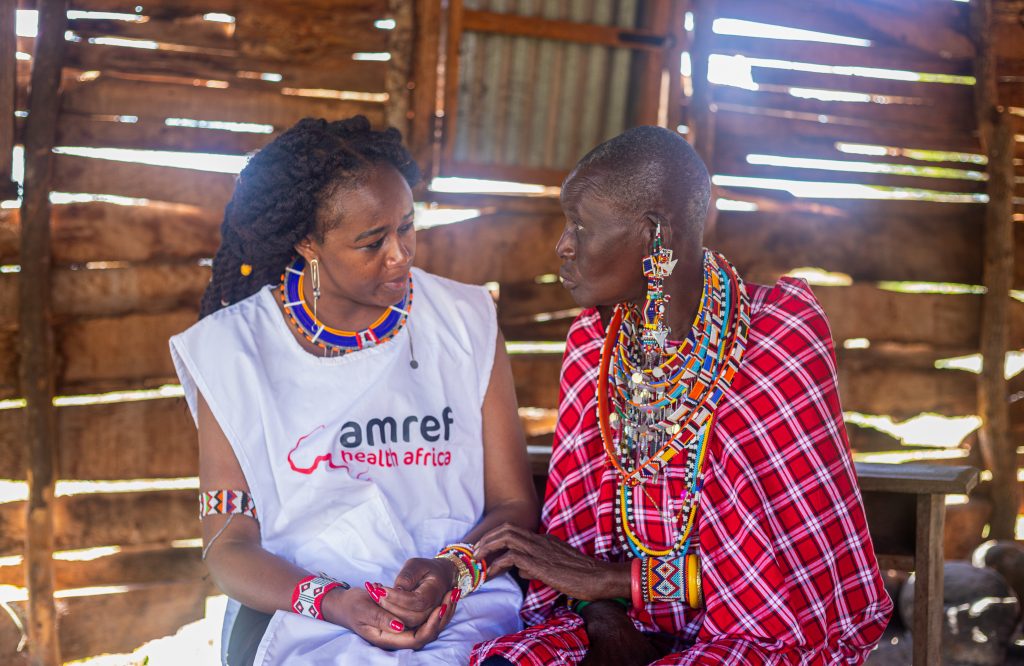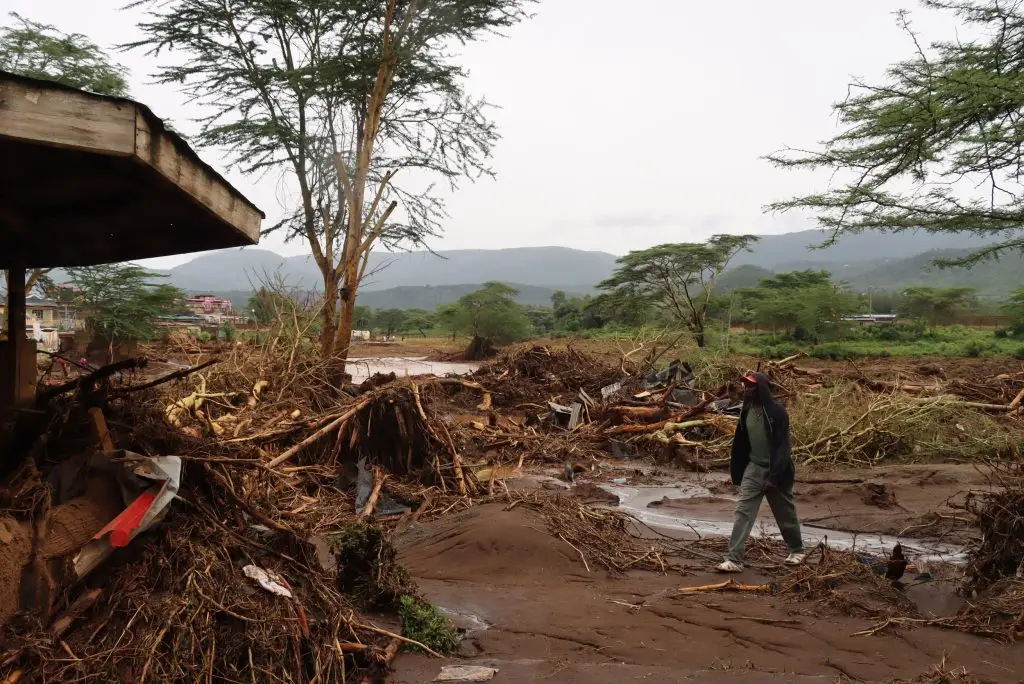Amref Health Africa is Africa’s leading health NGO.
Our headquarters are in Nairobi, Kenya, and we partner with communities in 35 countries to sustainably strengthen health systems and improve access to life-saving care. Our vision is of a world where high-quality healthcare is accessible and affordable to all.
Amref Health Africa started life in 1957 as the Flying Doctors of East Africa, when our founders used a fleet of aircraft to connect remote and marginalised communities with high-quality healthcare. Almost seven decades later, our guiding purpose remains the same: we still set out to bridge the gap between people and services – but the way we do this has evolved to reflect the continent’s changing needs.
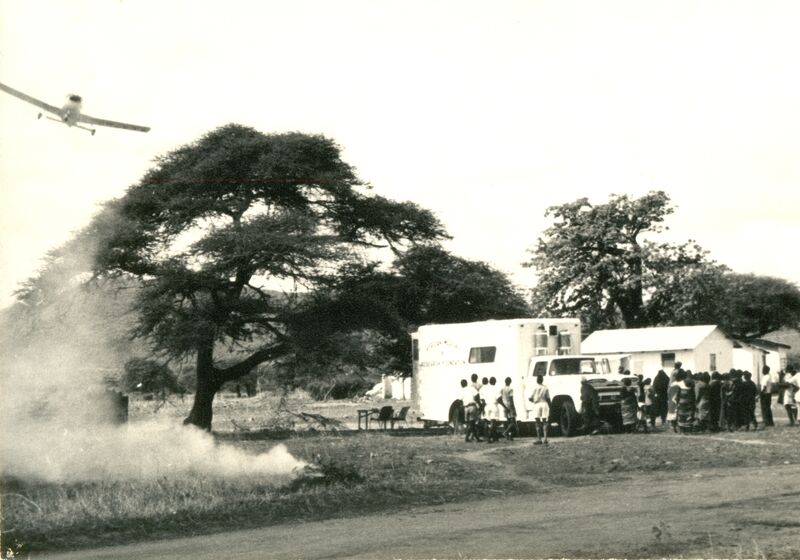
What does Amref do?
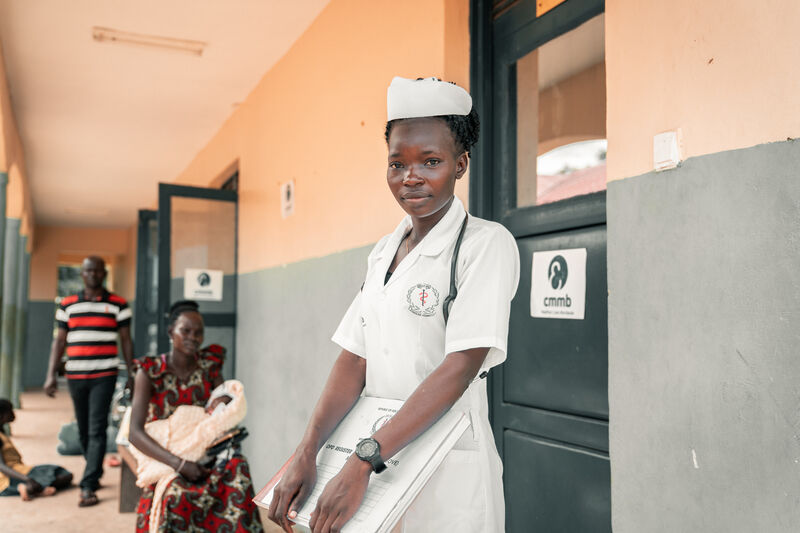
Today, we are an Africa-led organisation that is rooted in the communities we serve. Everything we do is informed by our African identity. Because we are anchored in communities, and because our programmes are designed in partnership with them, we are able to adapt to those changes and address new challenges – like the climate crisis, the rise in NCDs, pandemic preparedness, or the specific health needs of Africa’s young people – as soon as they arise.
We grow and strengthen Africa’s health workforce, developing mobile and digital learning solutions that make world-class training available across the continent. We run Amref International University which provides health sciences training to the continent’s future health leaders.
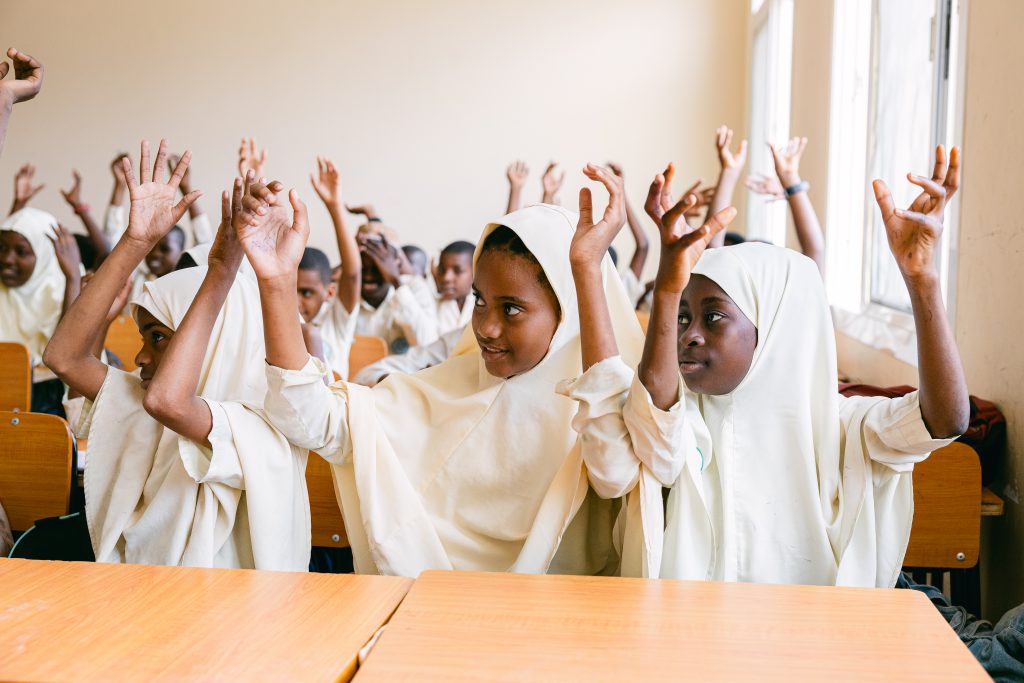
We invest in health innovation, seeking new ways of solving persistent problems and bringing high-quality care closer to communities through outreach clinics and mobile technology. We are the go-to partner for governments across the continent that are seeking to embed equitable healthcare access into their policies and plans.
Every year, we support millions of people across Africa to access the health information and services they need. We design and implement programmes with communities that address their unique health challenges, from clean water to preventable diseases, maternal health to ending Female Genital Mutilation/Cutting (FGM/C), training health workers to the social and economic factors that influence a person’s health.
The belief that health is a human right underpins everything we do.
Good health is an end in itself – but being healthy also means people can pursue education, work to earn a living, participate in politics, spend time with friends and family, chase their personal and professional ambitions, and live the full lives that we all deserve.
Good health transforms individuals, households, and entire communities. Talking about rights can feel abstract: but when someone is able to exercise their right to health, it has a very real impact on every aspect of their lives.
We know that lasting change – meaningful, measurable change that endures over generations – is possible. In fact, it is already happening. And that change is being driven from within, by the nurses, doctors, midwives, community health workers, peer educators, advocates, lab technicians, researchers, policy-makers, and grassroots activists we support, who are building resilient and people-centred health systems in their countries.
